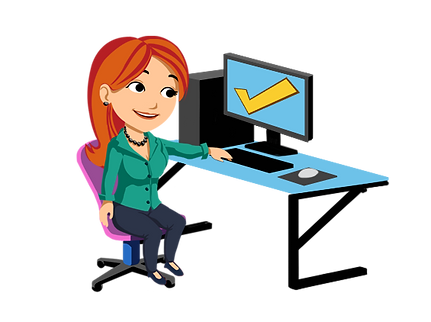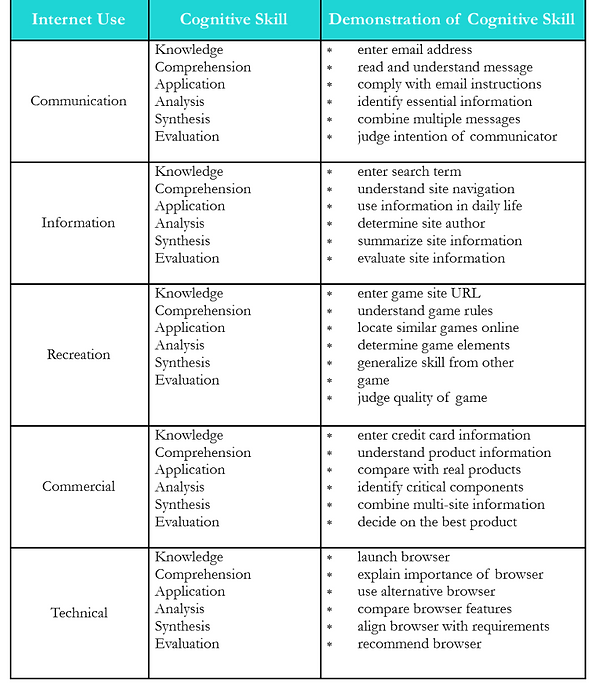Digital Citizenship
Digital Literacy
Digital Literacy: ALA Digital Literacy Task Force, defines digital literacy as" the ability to use communication technologies to find, evaluate, create, andcommunicate information, requiring both cognitive and technical skills". [http://connect.ala.org/node/181197]
According to Gilster, P. (1997), digital literacy means being able to communicate and symbolise knowledge in different circumstances and to different listeners (for example, in visual,audio or written methods). This involves discovery and choosing appropriate data, assessing and putting it in a context.
Digital literacy gives young people the skill to take advantage of the capital of new and evolving opportunities related to digital technologies whilst also remaining observant to the numerous challenges technology can present.
In other words digital literacy is the knowledge that allows young people to participate meaningfully
and safely as digital technology becomes ever more universal in society.
Mobile phones are widely used by young people and adults. Email allows instant communication between people across the world. Online shopping and banking have become more prevalent and government services have become increasingly internet-based. Both online and offline gaming feature prominently in many people’s lives and social networking sites allow people to cooperate by sharing and editing online content.
Although we cannot and should not overlook the inequalities that still exist in access to digital technology and the internet3, it can be said that digital media is now a central aspect of most people’s lives, whatever their age.
The skills, knowledge and understanding of digital literacy are therefore becoming necessary as young people grow up in a society in which digital technology and media play an ever more important role.
Children are likely to be watching TV and films and listening to music online and offline, playing computer games, creating MySpace or Facebook pages or, for younger children, taking part in Club Penguin.
Some children may also be creating, editing and sharing their own cartoons, animations, films, music or other media.
Gilster, P. (1997) Digital literacy. New York: John Wiley & Sons Inc.
After gaining the basic ability to use the internet, one needs to grow further in the knowledge so that they can be able to distinguish what is good from what is bad. The users then require functional internet literacy.
In a democracy, definition of functional literacy is prerequisite to distinguishing the literate from the illiterate, evaluating the consequences of such distinction, and rectifying any identified
disadvantage (Papen, 2005).
(Genevieve Johnson 2008) has the following suggested list of skills required for functional internet literacy.



